Fede Álvarez | 1hr 59min

We are barely ten minutes into Alien: Romulus when orphaned miner Rain learns the first Alien film’s key lesson – labourers owe nothing to corporations that treat them as expendables. The five years that she has been contracted for have come to an end, but the sheer number of people who have perished under Weyland-Yutani quickly douses her dreams of leaving for the distant, utopian planet of Yvaga III. With the company short staffed, her contract is renewed, and she is not to be released from servitude for another five years.
Next to the xenomorphs, the corporation has always been the biggest threat of this sci-fi series, and Fede Álvarez continues to blur those lines between humanity and monster here in Alien: Romulus. To the untouchable bureaucracy, this extraterrestrial species is not to be left to its own devices, but exploited for biological warfare – or as is the case here, genetic engineering. Evolution’s natural processes are far too slow for Weyland-Yutani’s grand ambitions after all, and the key to designing the ideal human for space exploration seems to lie in the aliens’ resilient DNA. That the space station Renaissance which once hosted these dangerous experiments also contains the cryostasis equipment Rain needs to reach Yvaga III doesn’t just bring her into conflict with a primal, destructive force of nature. This deep into space, her corporate superiors continue to exert their ruthless will upon seemingly insignificant lives, remaining both oblivious and apathetic to the incredible threat it is reckoning with.
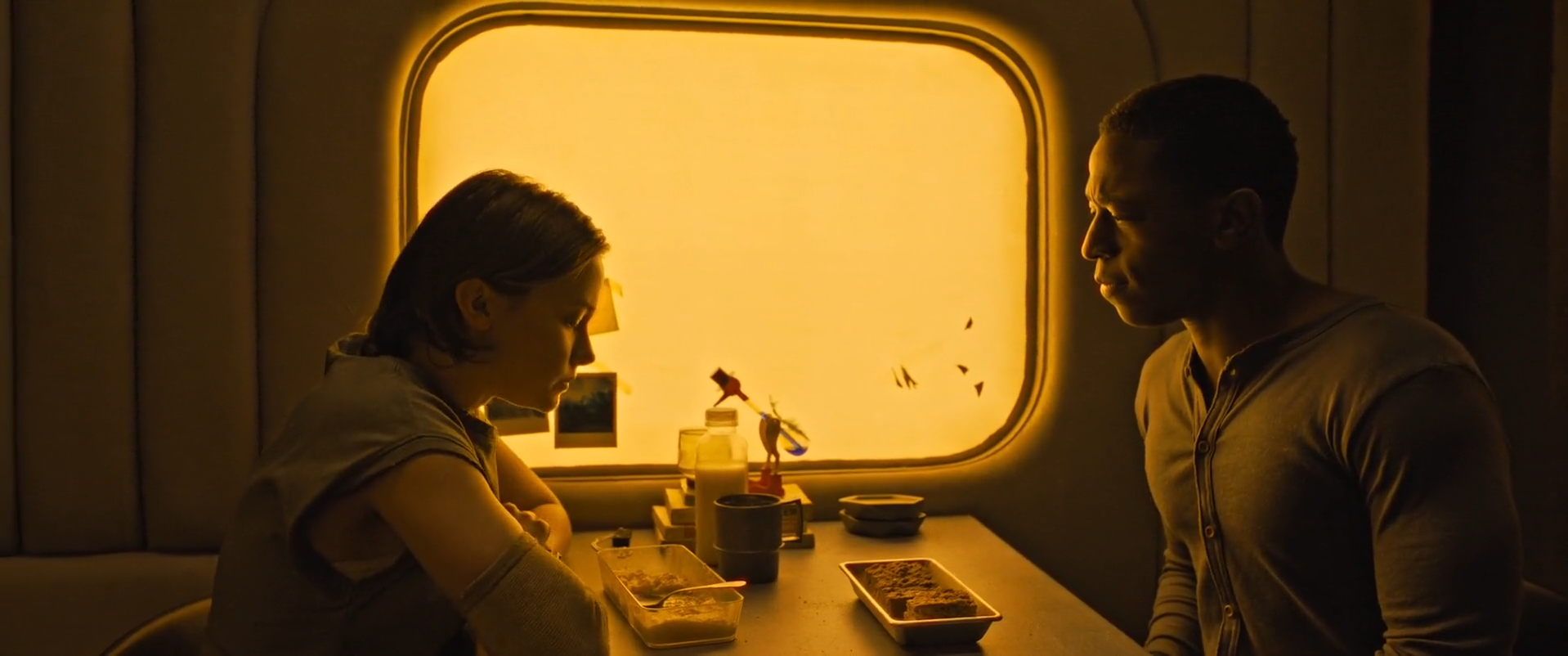
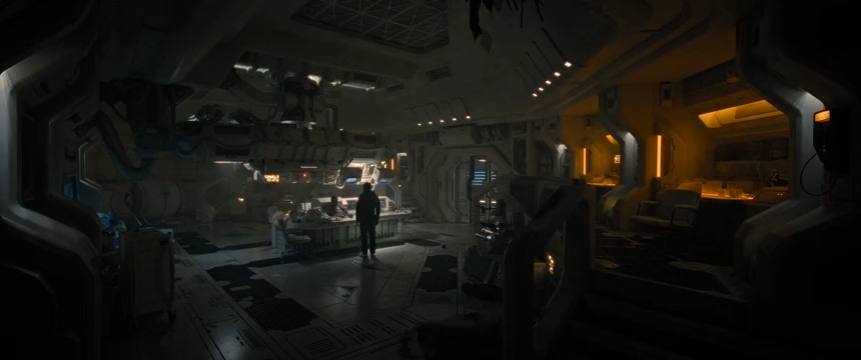
The crew of runaways joining Rain on this mission range from cannon fodder to deeply sympathetic allies, leaving the bond formed between our protagonist and her adopted synthetic brother Andy as the only relationship worth our attention. Cailee Spaeny’s star continues to rise in the wake of Priscilla and Civil War, displaying an intelligent pragmatism while carrying a deep grief for her late father whose legacy lives on in Andy’s programmed dad jokes. As the humanistic android, David Jonsson stands out even more with his furrowed brow and steadfast warmth, though it is when he accepts a Weyland-Yutani computer chip to improve his physical capabilities that he strikingly manoeuvres his focus into a cold, corporate expediency.
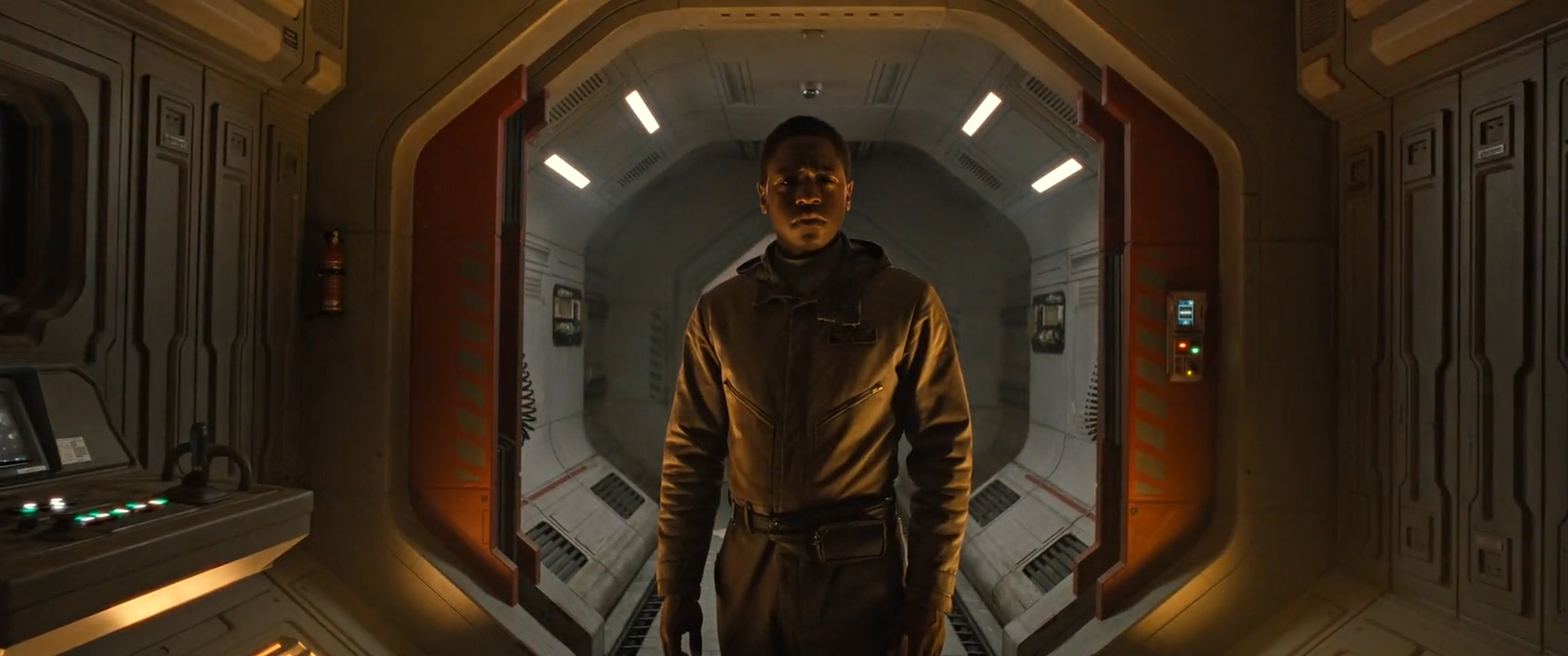
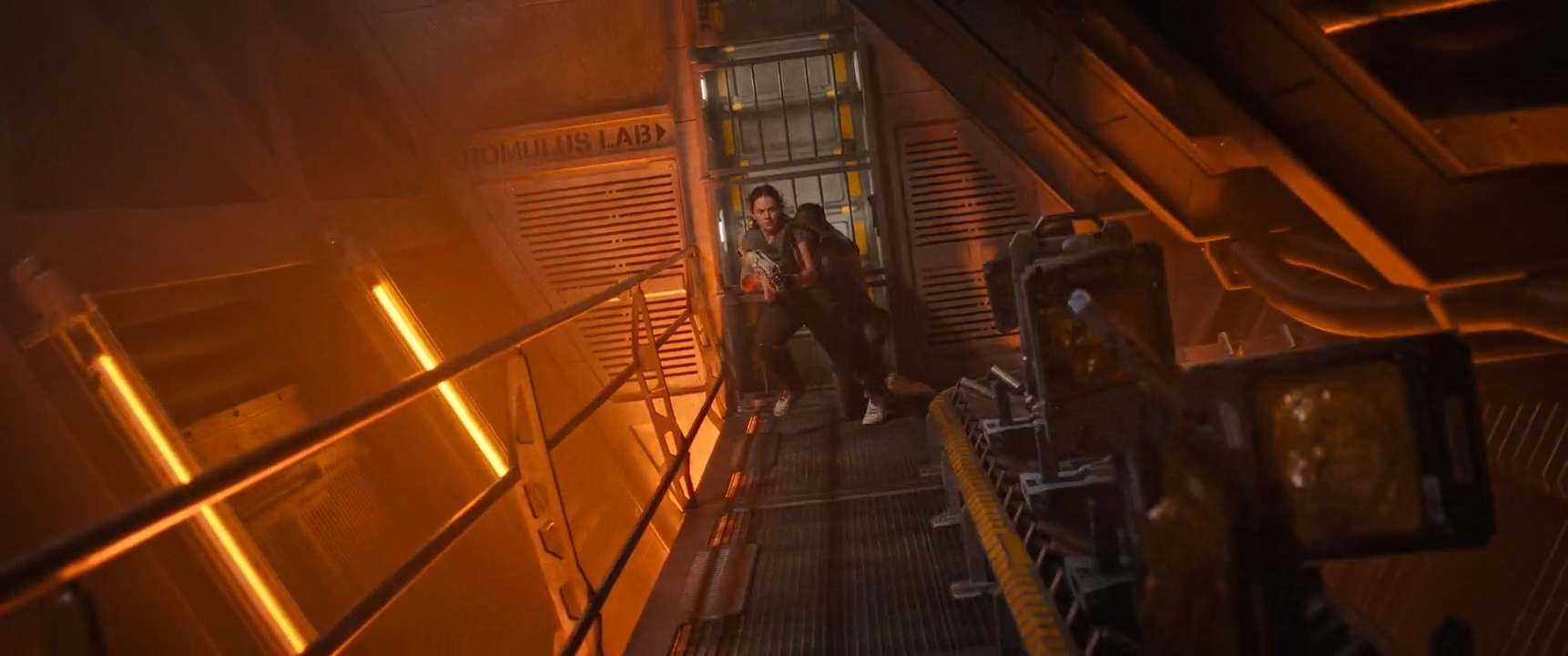
The setting from which the film takes its name also mirrors this sibling conflict, stranding Rain and her ragtag crew in the twin modules which make up Renaissance – Romulus and Remus. Continuing the franchise’s trend of referencing Greco-Roman mythology, Álvarez alludes to the two brothers who were raised by wolves and established Rome, before Romulus ultimately killed Remus over the city’s foundations. This is the allegory which underlies Weyland-Yutani’s vision for the future, comparing the xenomorph’s extract to the she-wolf milk which strengthened and nurtured the infant brothers into pioneers of civilisation. On a far more chilling level, it is also this transgression of nature which binds both species together as one, producing an atrocity which manifests the corporation’s monstrous rejection of its own humanity.
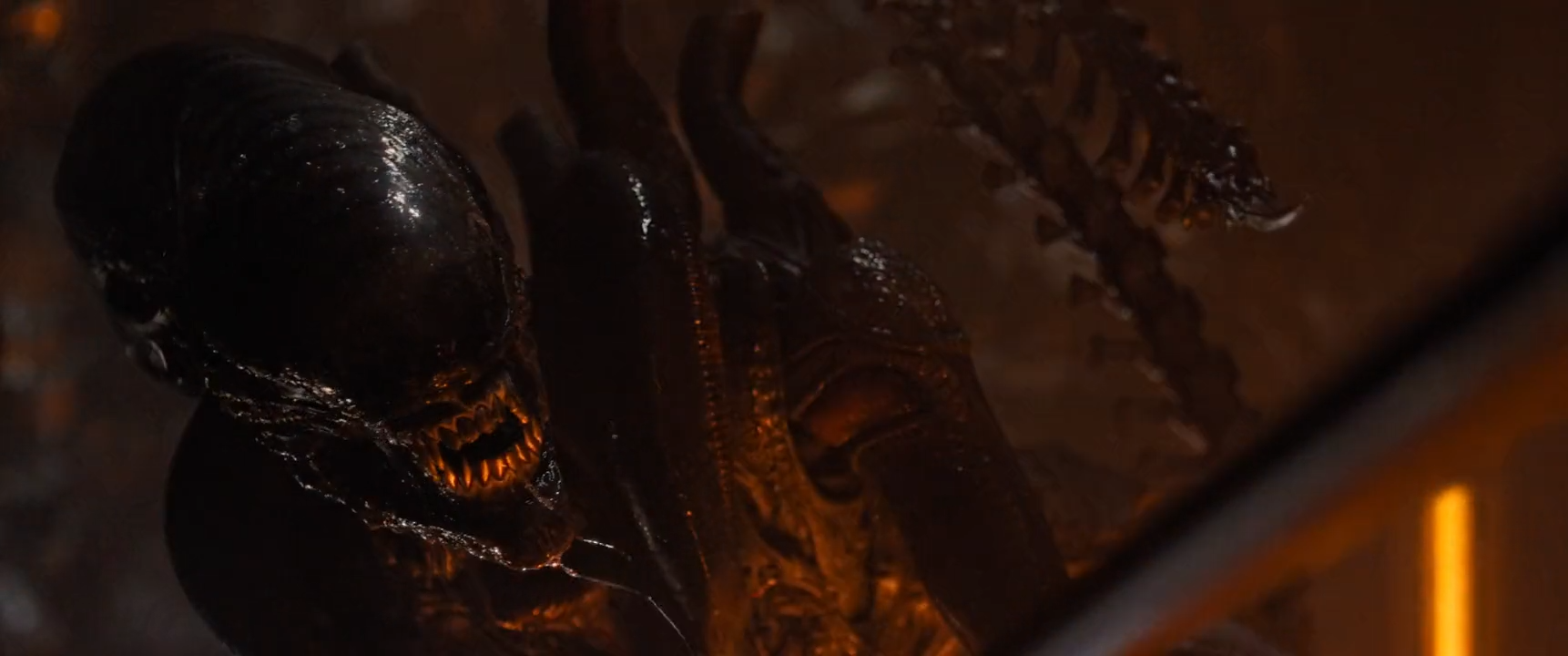
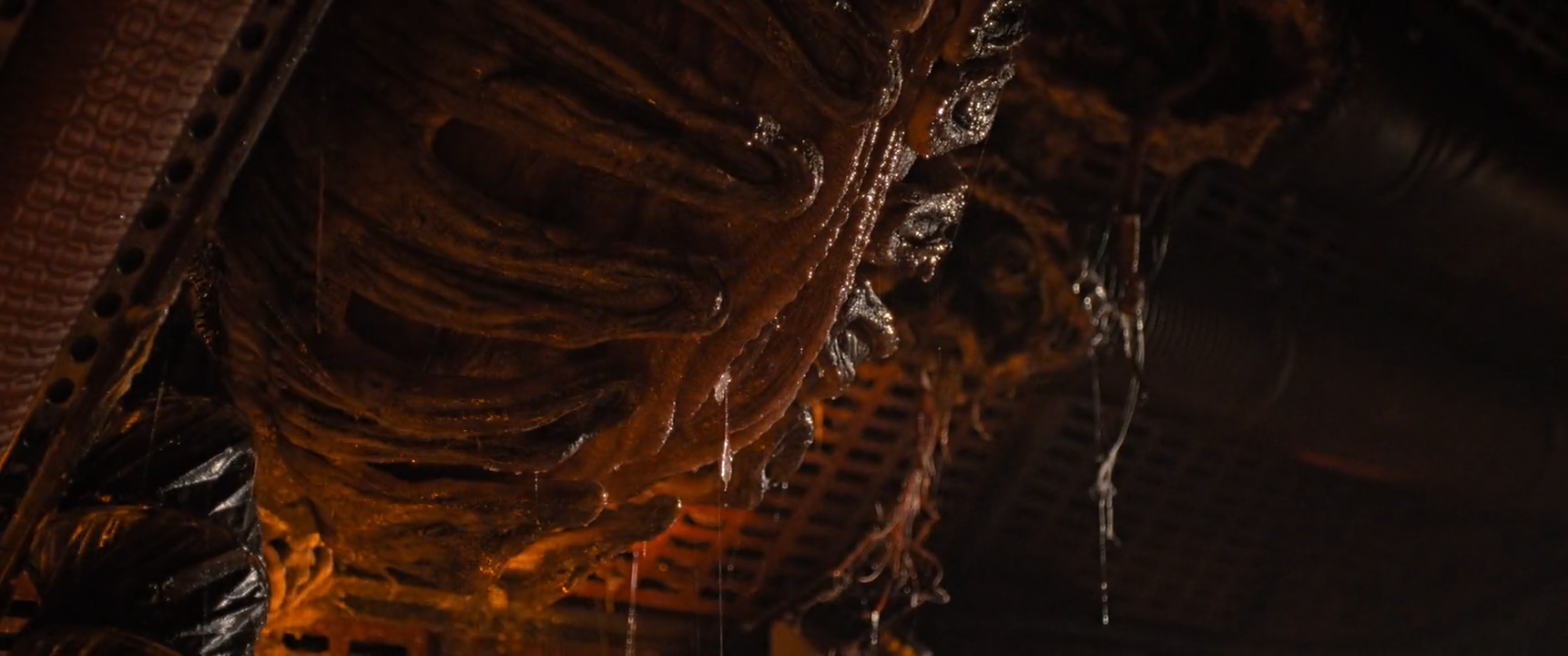
Álvarez certainly does not waste his opportunity to play in the realm of body horror here either, crafting the thrills and grotesqueries which the Alien series has always specialised in. The fleshy cavity of one xenomorph’s cocoon drips viscous fluids, suggesting more than just a distant correlation to human genitalia, and Romulus delivers one of its most creatively suspenseful set pieces when combining the creature’s acid blood with a temperamental, zero-gravity environment. The industrial futurist production design makes for a solid visual accomplishment here too, beautifully illuminated with pulsating light sources that pass characters through blazing orange hues and gloomy shadows.
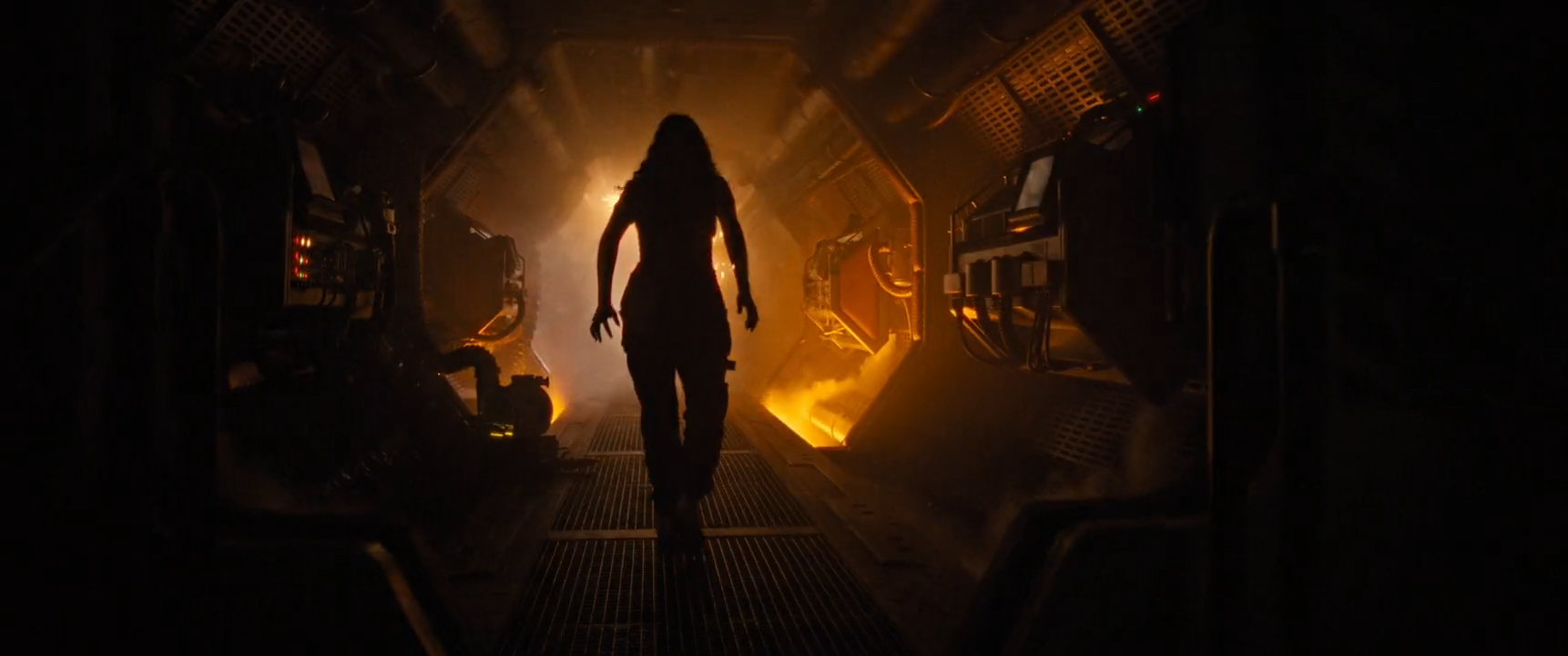
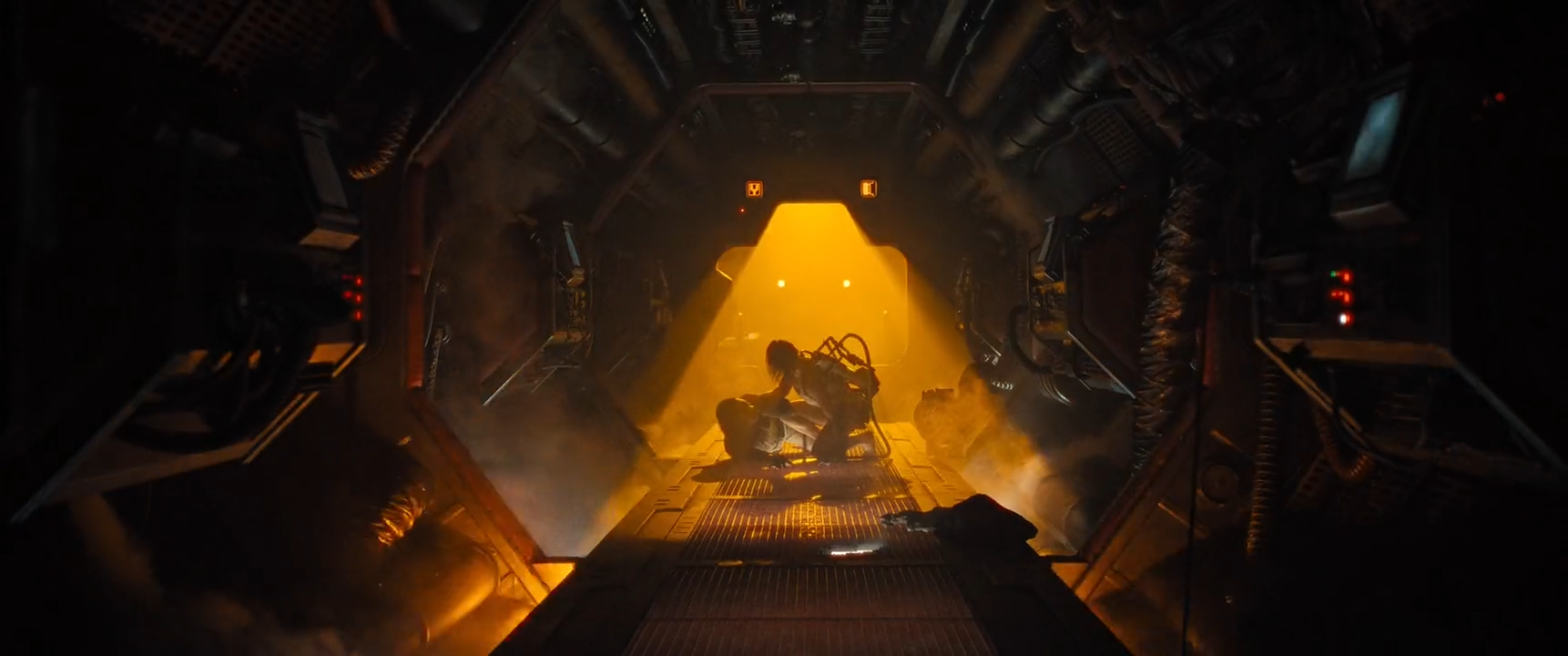
That Romulus occasionally gets caught up in its own nostalgic references to previous Alien films is a disappointing symptom of modern franchises at large, though it is thankfully not a dealbreaker here. The care and imagination which Álvarez brings to the sci-fi source material lets his film stand on its own, offering a mythological slant to this universe which embellishes and warps millennia-old archetypes. There in the unnatural distortion of our social and biological identities, Romulus disturbingly probes into our human drive for greatness, as well as the inhumanity which threatens to cannibalise us in the process.
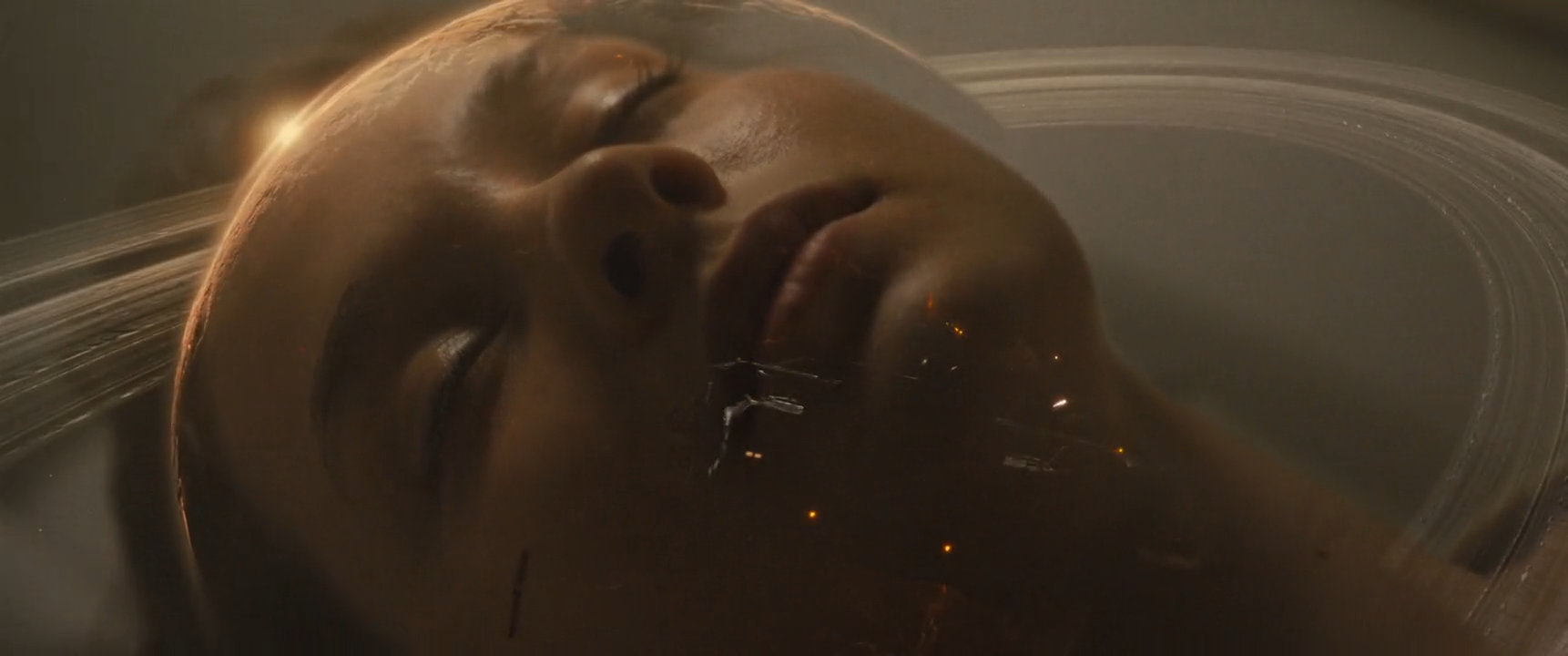
Alien: Romulus is currently available to purchase on Apple TV, YouTube, and Amazon Video.

